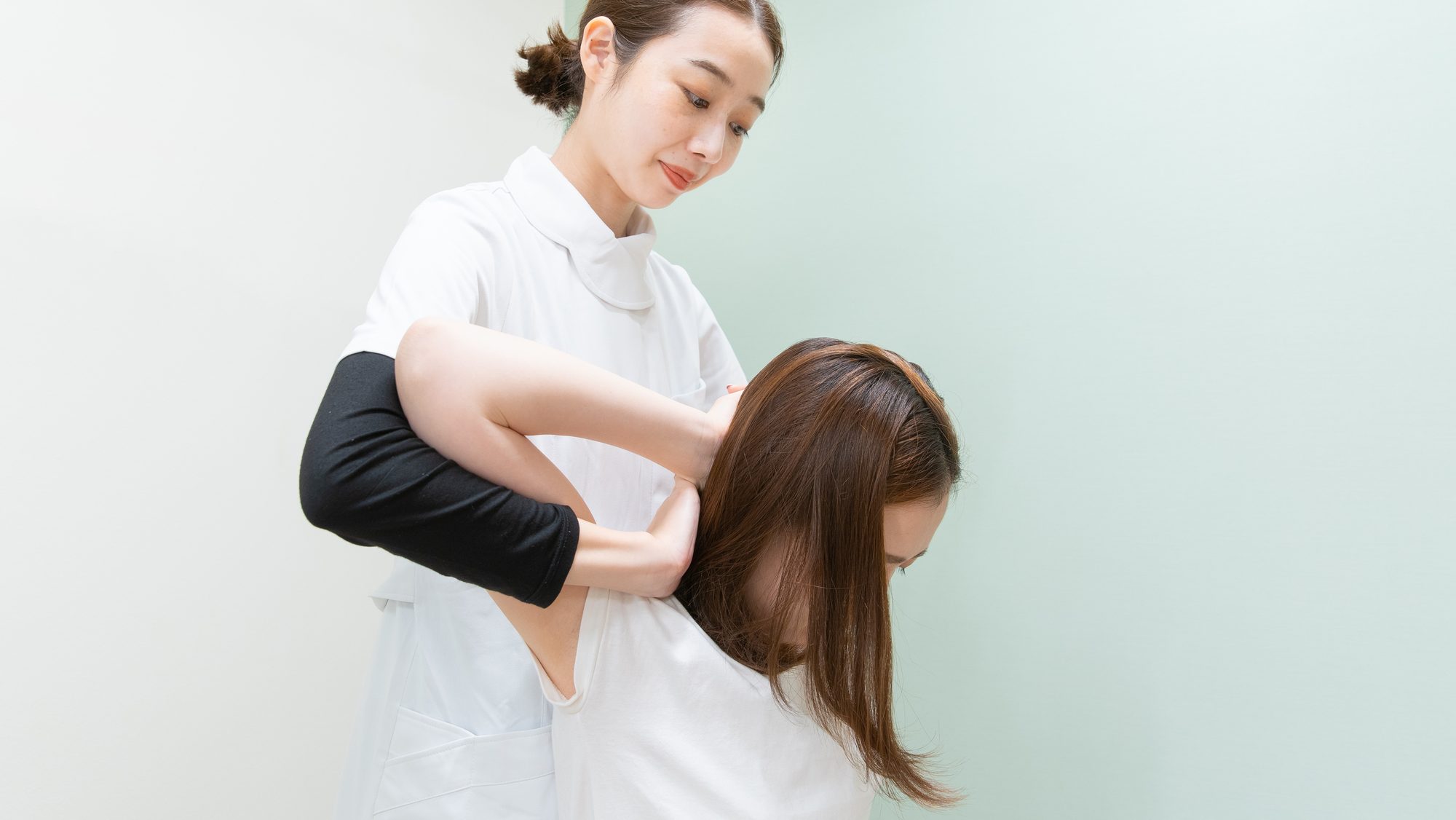THAILAND: A tragic incident in Udon Thani, Thailand, has gone viral after a female singer reportedly died following a massage at a local parlour. The case has raised concerns over the risks of neck manipulation during massage therapy.
According to a Nation TV report featured in The Straits Times, the singer, identified as Ms Phing Chyada, had sought a massage to relieve shoulder pain in November.
Partial paralysis, then death
However, after the treatment, she began experiencing worsening symptoms, including neck pain, which later led to a weakened right arm and partial paralysis.
Just two days after the massage, she felt a sharp pain in the back of her neck. Over the following weeks, her condition deteriorated to the point where she suffered from 50% paralysis.
The case came to light on Dec 8 when the popular Drama Addict Facebook page shared news of Ms Chyada’s passing.
The post highlighted the potential dangers of massaging the neck, particularly through excessive manipulation, warning that it can damage vital blood vessels leading to the brain or spinal cord.
Warning on neck twisting massage
The page issued a public safety alert, advising people to avoid massages on the neck or spine. Symptoms like headaches, dizziness, vomiting, or limb weakness should prompt immediate medical attention.
The post also noted that neck twisting is not a traditional practice in Thai massage and urged masseurs to refrain from such techniques to prevent injury.
Dr Thiravat Hemachudha, a renowned Thai neurologist, echoed these concerns on his Facebook page. He cautioned that neck twisting or manipulation of the cervical spine could lead to severe health issues, including paralysis.
He referenced a study in which 177 neurologists in the United States reported 55 cases of patients aged between 21 and 60 who developed paralysis after cervical spine adjustments.
Dr Hemachudha shared a personal case of a patient who had suffered a month-long hospitalization after repeated neck twisting, which resulted in right-side paralysis.
He emphasized that the severity of symptoms varies depending on the intensity and frequency of neck manipulation. Those with conditions like obesity or high blood pressure may be especially vulnerable to paralysis from a stroke triggered by such treatments.
This tragic incident has sparked widespread discussions about the safety of certain massage techniques and serves as a stark reminder of the potential risks when seeking relief from pain through such treatments.
Featured image by Depositphotos (for illustration purposes only)

